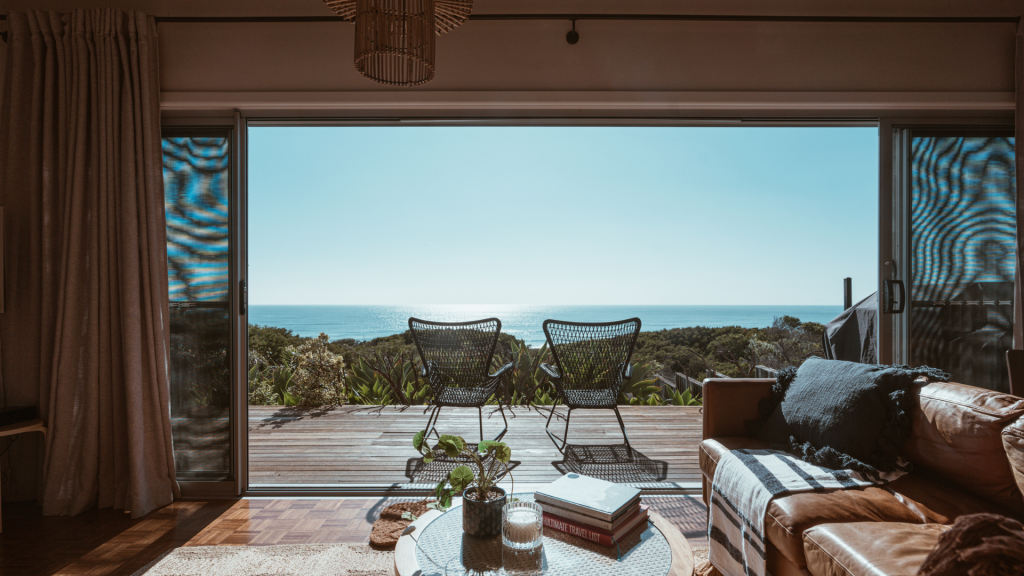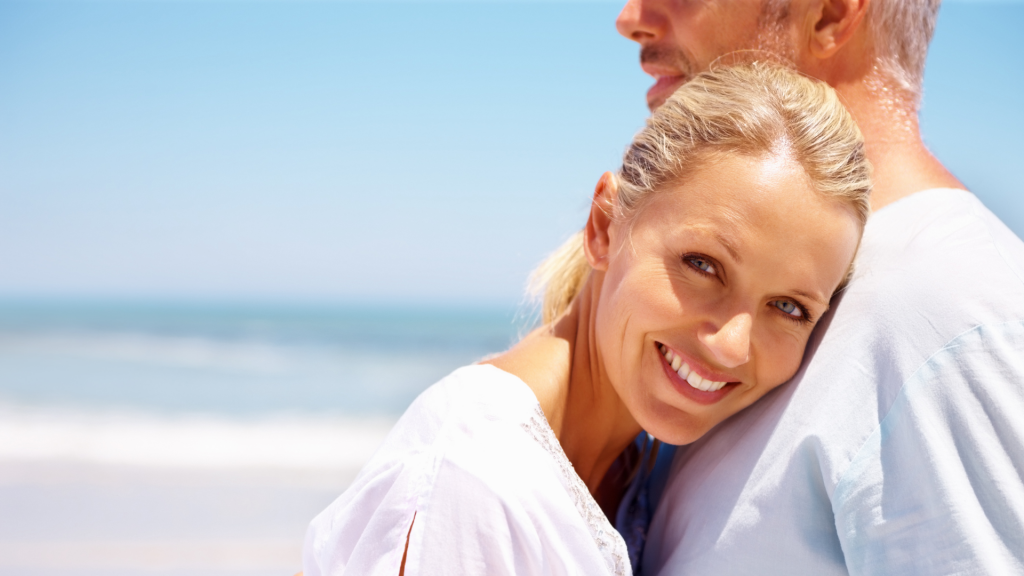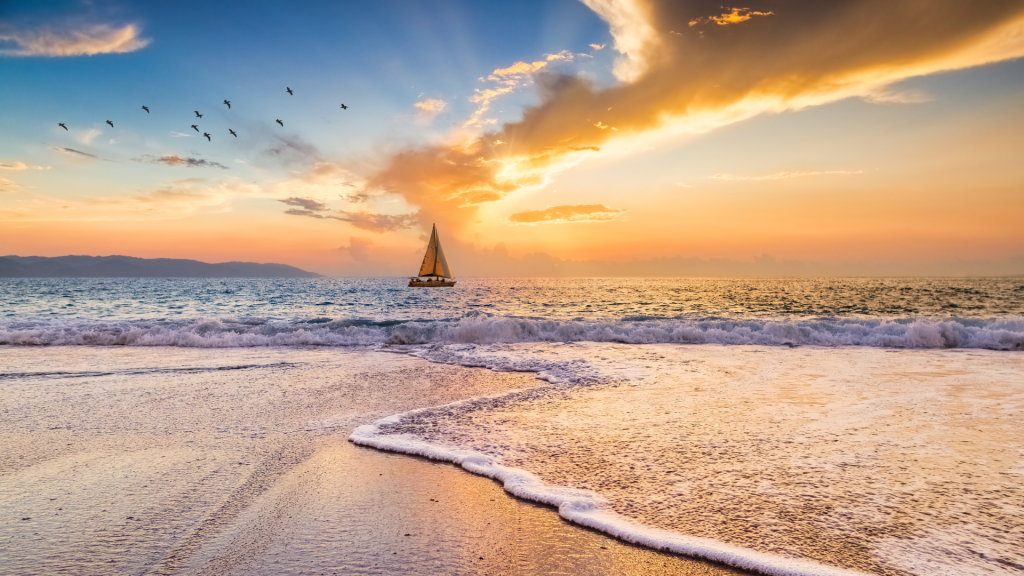Did you know the circadian rhythm is an important internal clock in the human body (and other life on earth), helping calibrate critical functions? If you have no idea what a circadian rhythm is, how to tell if yours is ticking properly, or needs improvement – we hope this article will shed some light on this powerful natural system.
We all track time knowingly, be it with traditional clocks, wrist watches, or more recently our phones. We connect these to calendars keeping us on time and in check throughout years, days, hours, minutes, even down to the second. Through time zones we can connect efficiently to nearby cities, other countries, or the other side of the globe. Time lets us all operate in unison sun up to sun down. It’s a fascinating system that connects us together and directly to the sun every second of our lives, and it’s nearly impossible to imagine how we and society could function without it. A similar system known as the circadian system works within our bodies.
Understanding time, the man-made concept, and what some scientists consider an illusion, is complicated and connecting it to the human body is even more so, so research is ongoing. What is well understood is that there is a clear connection, easily seen with our 24-hour light and dark cycles, and the brain’s pineal gland and sleep/wake responding hormones.
We also know the earth rotates around the sun once in a 24 hour’ish time period, equalling a day that is divided into units of 60 minutes/1 hour. During earth’s 24-hour rotation it’s affected by varying degrees of light emitted from the sun star as it passes. This exposure to the sun’s light, or its absence, is communicated directly to our body’s internal clock(s) known as our circadian rhythm, with the master clock located in the hypothalamus within the brain. Calibration during the 24-hour period seems to happen through the eye’s optical nerve, brain and is distributed through our circadian system believed to affect multiple clocks within our body. Stange and fascinating isn’t it?
Equally fascinating is the importance this little spoken-about clock has on our body’s overall health and how to know if it functions well, and when it doesn’t. The good news is we don’t need to be space scientists to see or feel when our circadian rhythm isn’t ticking properly, and we can often recalibrate with some lifestyle adjustments.
The Circadian rhythm’s affect on the body:
What’s currently known is the circadian rhythm regulates our eating, sleeping, body temperature, emotions, mating practices, and could affect others, so having it calibrating well is important for our overall health and functioning. How can we tell if it’s working properly?
Symptoms and risks of poor circadian rhythm functioning:
- Difficulty waking in the morning
- Low energy and mental processing abilities during the day
- ADHD and increased attention disorders
- Daytime need to nap
- Decreased emotional control
- Anxiety, depression, and mood disorders
- Inability to fulfill obligations
- Relationship difficulties
- Weight gain and obesity
- Diabetes and cardiovascular diseases
- Immune system weaknesses
- Night-time sleep disruptions
- Insomnia and sleep-related disorders
- Reproductive difficulties
Causes of circadian rhythms irregularities:
- Travel and time zone changes
- Irregular sleep and wake routines
- Irregular meal times
- Night shift work and routine changes
- Medications
- Body changes: growth, pregnancy, and menopause
- Mental health disorders
- Nervous system disorders
How to regulate and improve your circadian rhythm:
- Establish a daily wake and sleep routine
- Morning exposure to natural sunlight, preferably direct and not through glass. Otherwise bright light if natural sunlight is not possible.
- Daily exercise
- Regular daily meal and snack time
- Scheduled naps, if needed
- Avoid nicotine, coffee, and sugar later in the day
- Progressively lower exposure to light during the day
- Limit exposure to device blue light in the later part of the day
- Create a dark and no stimuli sleeping environment
When to get help:
- Difficulty waking over a number of days
- Impaired concentration and cognitive functioning during the day
- A feeling of exhaustion, anxiety or shaking
- Increasing irritability and feelings of depression
- Lack of restful sleep over a number of days
Although we may never hear our circadian rhythm tick our clock is busy, very busy, keeping time with external and internal forces to keep us properly calibrated and healthy. Here in the Algarve, we’re naturally gifted with sunshine nearly 300 days a year to make this complicated process a little easier, and if we help it along, not only can we stay healthier longer it seems we’ll be happier too. No excuses are now needed for why it’s good to live in the sunshine. 🙂











